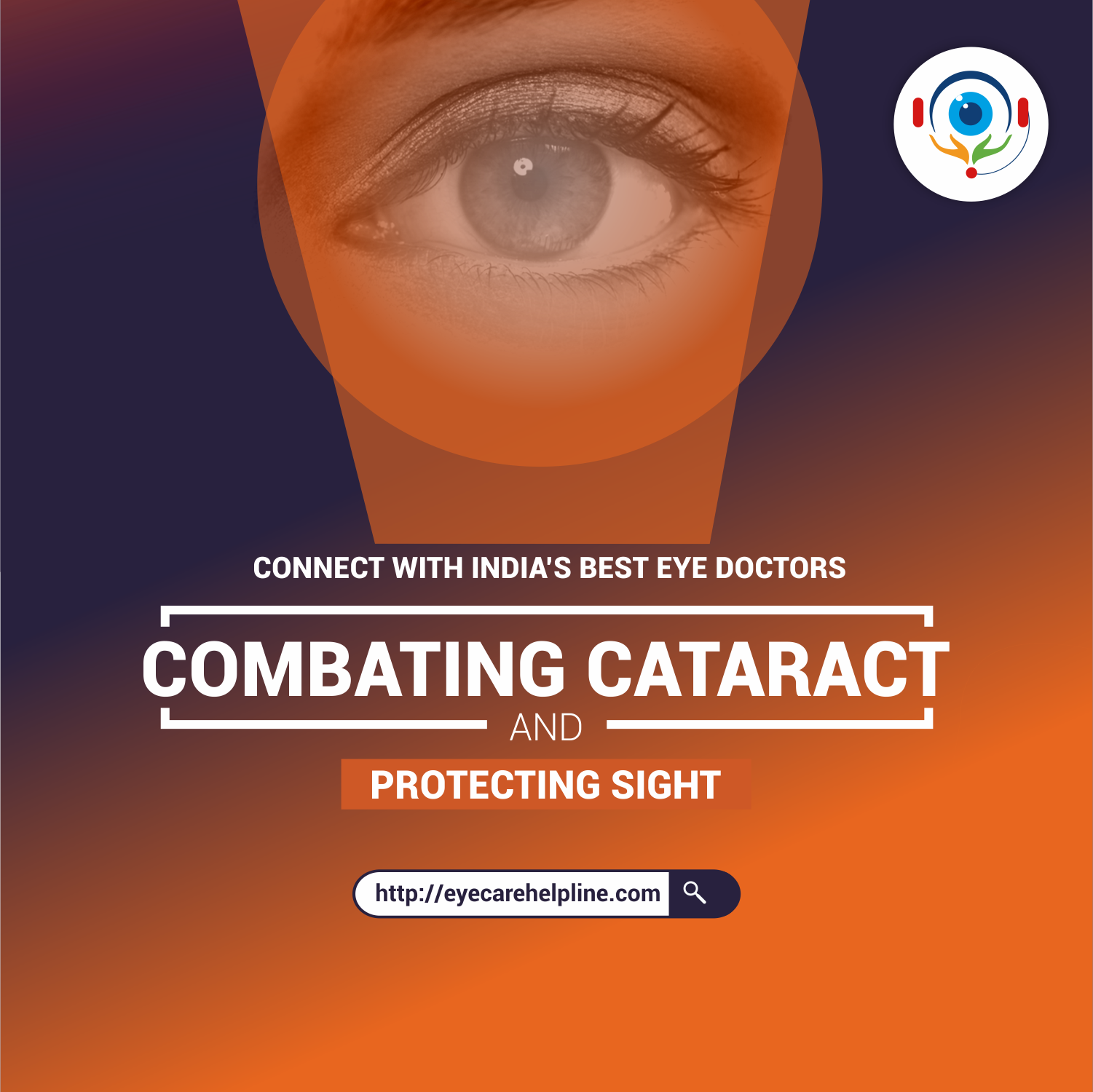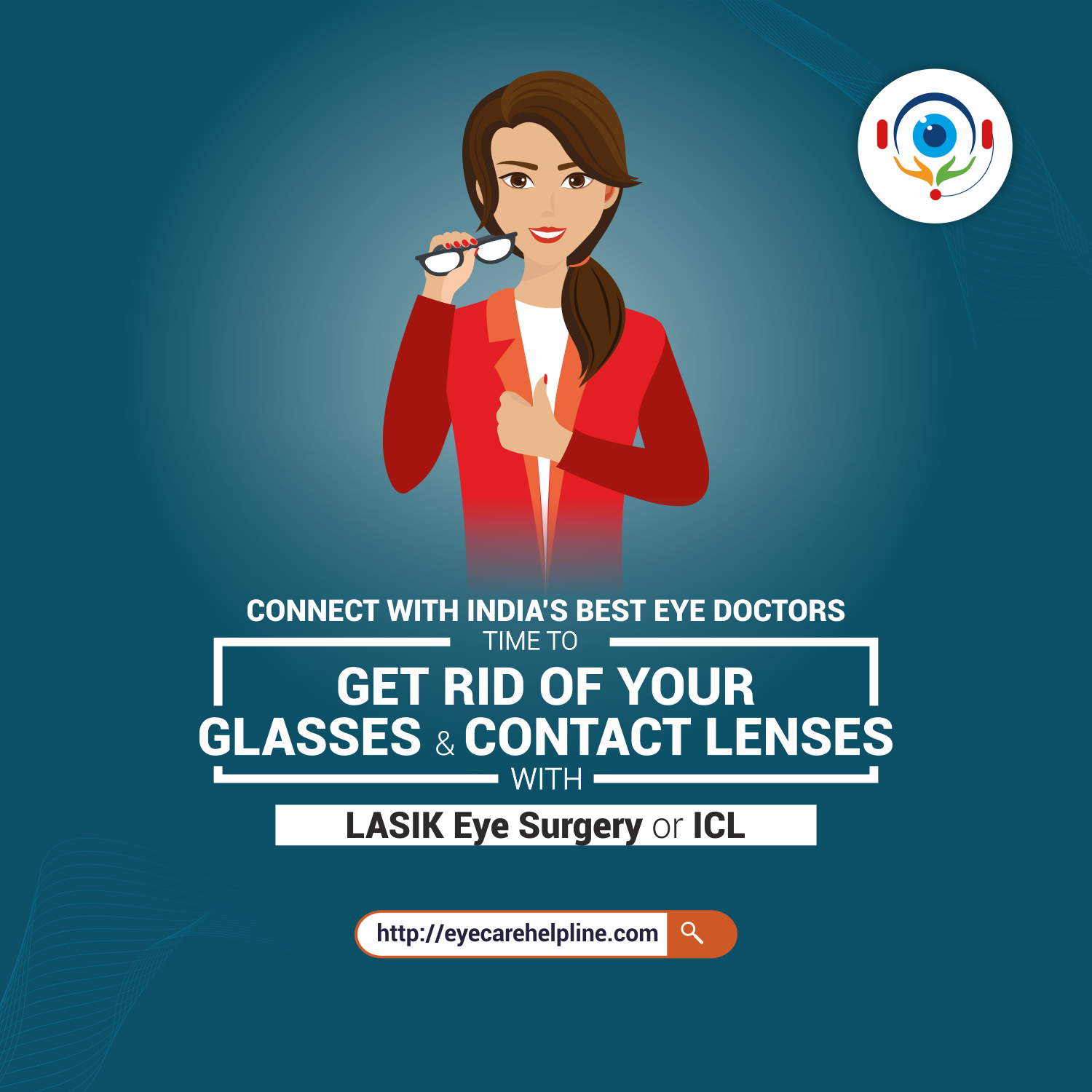- By: Dr. Mukesh Kumar
Why is it Important to keep your Child’s Vision in Check?
Till the ages of seven or eight, a child’s vision is still in the developing stage. If your child has some kind of a vision problem during this process of development, it is preferred to get your child’s eye checked.
After a thorough examination, if need be and if prescribed by the eye doctor, your child would have to wear eye glasses to help him / her see normally.
Not paying proper attention to your child’s vision and leaving eye problems undetected will lead to severe consequences. It could grow into a bigger eye problem and impact your child’s performance at school or outside the classroom.
Why is it Vital for Children to Wear Glasses?
As already mentioned, wearing glasses helps improve vision. Glasses will strengthen the vision of a weak or amblyopic (lazy) eye, provide protection against poor vision and enhance the position of your child’s crossed or misaligned eyes.
Look Out for these Red Flags
1. Sitting Extremely Close to the TV Set/ Holding a Digital Device Too Close - Normally, an individual with myopia (nearsightedness) has better near vision as opposed to distance vision. Bringing an object closer makes it appear bigger and clearer. So, if your child sits very close to the TV or holds a digital device too close to the eyes, it’s an indication that your child may have a vision problem.
2. Constantly Rubbing their Eyes – Fatigued or strained eyes, or allergic conjunctivitis could be a cause of constant eye rubbing.
3. Eye/Head Pain - Over-exerting the eyes to increase focus or reduce the blurriness of vision can lead to eye pain or head pain.
4. Squinting - Normally, a person squints because it helps improve focus and makes an object a lot more clear. Even though squinting may help your child to see better, it is a sign that your child may have a refractive error.
5. Tilting the Head/Covering an Eye - A person may either tilt their head or cover an eye in order to adjust the angle of vision to further increase clarity. If you see your child engaging in head tilting or covering an eye, it could mean that your child’s eyes aren’t aligned properly or it could be amblyopia (lazy eye) - a very common eye disorder among children.
6. Difficulty in Concentrating on School Work - If your child has a vision problem it would have an immediate impact on their school work. Your child may find it difficult to concentrate or may not take down notes correctly.
Getting Your Child’s Eyes Checked
Getting your child’s eyes checked can be quite helpful. It can help determine -
1. Clarity or Sharpness of your child’s vision.
2. Check if there is a Problem in Depth Perception
3. Strabismus (crossed eyes) or eye alignment
4. Overall health of the inside and outside of the eye
5. Indications of more serious eye conditions
Takeaway
More often than not, we do not realize the importance of eye health; especially, of a child. It is extremely important to take your child’s eye health seriously and safeguard it to prevent any kind of eye problems.


